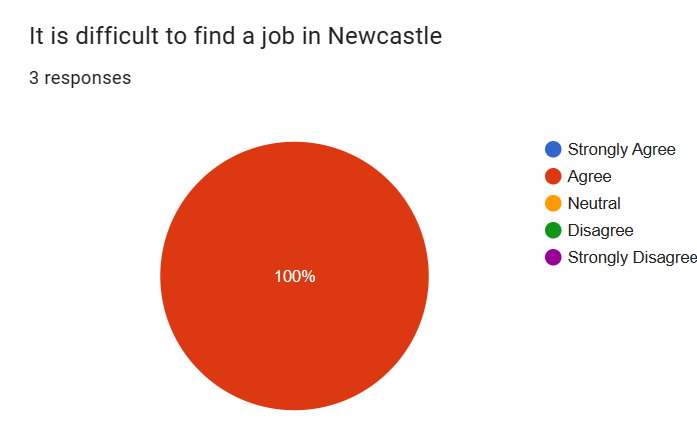With austerity measures continuing to take effect in the UK, how are local authority(s) combatting this in their outlined budget for the 24/25 Tax Year?
More importantly, does this fall short to the corrosive and volatile nature of the Cost-of-living crisis rife across the UK?
In the current political climate, Cost of living remains a prevalent issue where ‘[…] As of January 2024, almost half of UK households were still reporting that their cost of living had increased in the last month’ (Statista, 2024).
Newcastle’s city council have had to make painful yet crucial decisions to sustain the local economy in line with Government movements towards further austerity measures.
Additionally, the outlined budget for the next tax year is committed to community needs.
The official city council website states:
‘Councillors in Newcastle have set a budget for 2024-25 to support communities in the cost-of-living crisis’.
More on the budget can be found here.
Newcastle City Council has been under Labour majority control since 2011.
Considering this, how are the local councillors sticking with the ethos of being ‘for the people’?
Below is a video showcasing the projects underway in Newcastle that will help Geordies and the local economy:
The Local Mayoral elections, which took place on May 2, proved quite successful for the current UK opposition party, Labour.
They retained their majority of seats within Newcastle’s local authority – 45 out of a possible 78.
With this considered alongside Labour party leader Starmer’s promises of economic growth as a ‘first step’, do local budget commitments reflect similar aims?
What is important here – in my opinion – is how the City Council will achieve economic growth not only for the current generation locally…
…but to provide a hopeful future for upcoming generations.
The most recent data on children (under 16) in absolute low-income families within Newcastle show a downward trend, yet remain above the overall average of the UK even pre-pandemic:
Newcastle’s Figures – 2018/19 (23%); 2020/21 (30.9%) and 2022/23 (18.6%)
UK (Overall) - 2018/19 (15.4%); 2020/21 (15.6%) and 2022/23 (15.6%)
[Courtesy of the ‘Office for Health Improvement and Disparities’ website]
While the budget commits to a spending of £281m on vital public services, it is unclear how this directly impacts the next generation in Newcastle positively.
More on the city council can be found here.
Employment rates in Newcastle are the highest across the North East sitting at 74.3 percent (ONS, 2024) – though the statistics, provided by the Office for National Statistics, are conflicting to say the least.
Even when employment rates are increasing, the unemployment rate follows suit.
The irony is that Newcastle claims the throne for highest unemployment rates across the North East.
This budget is focusing on capital projects (roads, housing and schools) which seem to suggest a complacency with this new data.
It will be intriguing to see how the budget provides optimism for those who are struggling to find work currently.

Will this budget provide a better quality of life for Newcastle’s children?
The cost-of-living crisis continues as a formidable obstacle for the city and the local body that governs it!
